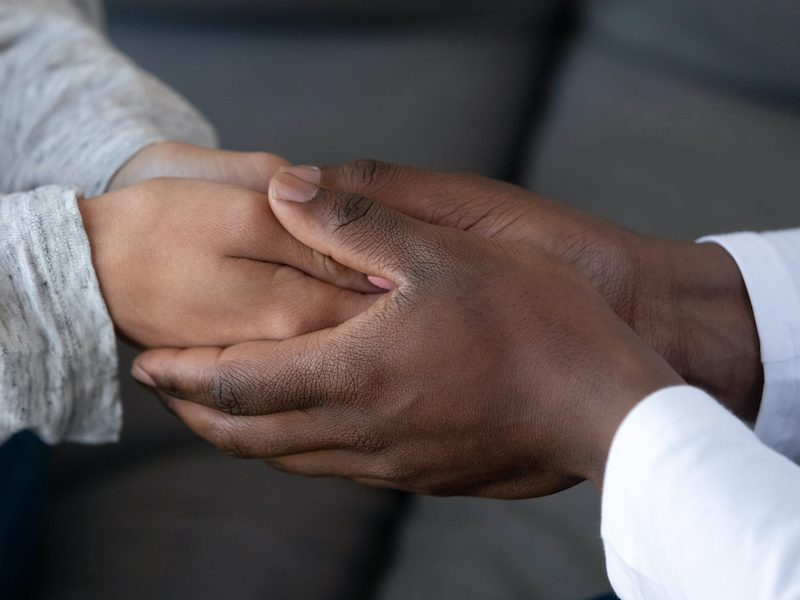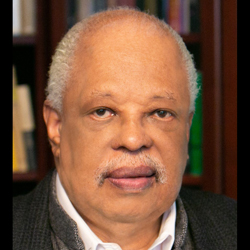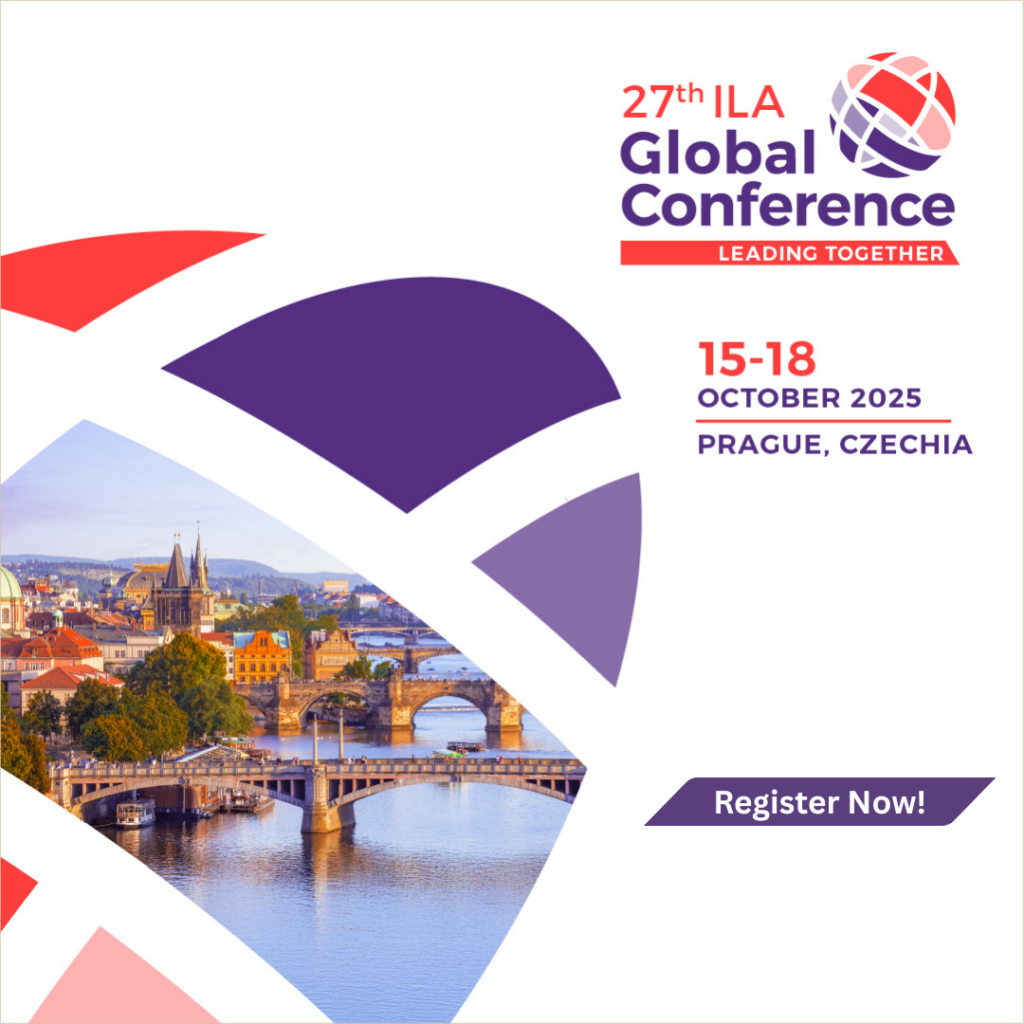
by Bobby Austin
24 June 2020
Share:
Albert Camus’s The Plague, published in 1948, chronicles a devastating pandemic that closes a coastal town in North Africa. During the plague, as one might expect, there is huge social, economic, and, of course, personal loss and devastation. Even so, the unnamed narrator declares at the close of the novel that “…to state quite simply what we learn in times of pestilence [is] that there are more things to admire in men than to despise.” We are beginning to see this today – not only in America but around the world.
Americans are, in large measure, showing great signs of compassion and sensitivity to the needs of their fellow Americans. This Public Kinship is a natural way of coming together in a time of crisis. We must come to grips with how we can maintain Public Kinship – these kinds of individual acts – as a permanent aspect of our social life in America. But while we may wish to maintain and extend this ideal as a new moral order in the post-pandemic world, we need to understand that this will be done not by commands but by precept and example, by watching how individuals lead themselves to do good things for each other. Some kind of forward, creative, innovative thinking about society itself is a necessity.
The COVID-19 pandemic has put what V.F. Calverton called the “American Mind” to the test to see what we will reimagine, or even just imagine, as the common good in American life. You hear today on television and other media that we are rethinking how to open the country, asking: How will we determine what is safe? How will we reimagine both the workplace and workspace? How will we educate our children and ourselves? But I have not heard us give much thought to how we will reimagine our relationships – one human to another.
We need to take advantage of this national pause to build an infrastructure that will allow the old normal to die so as to give birth to a new world of ideas. Each individual must study, choose a direction for himself, share it with his community, and evaluate the needed techniques, skills, ideals, and definitions, so that a new infrastructure, based on studied facts, regarding our common aspirations and a set of common purposes can take hold.
Paul Raskin, in Journey to Earthland (2016), sums up the present situation: “All the disruptions and upheaval we confront are the birth pangs of the global entity….We can observe her embryonic form and speculate about her ultimate shape, but cannot foretell what sort of creature will be born, only that a long ordeal of growing pains lies ahead. Much depends on us, the guardians of our future, who are duty-bound to find fresh answers to core questions….”
Each individual must study, choose a direction for himself, share it with his community, and evaluate the needed techniques, skills, ideals, and definitions, so that a new infrastructure, based on studied facts, regarding our common aspirations and a set of common purposes can take hold.
There is a passage in Sigmund Freud’s Civilization and Its Discontents (1930) that haunts me. Freud, quoting Christian Dietrich Grabbe’s Hannibal, says that “‘out of this world we cannot fall.’ So, it is a feeling of indissoluble connection, of belonging inseparably to the external world as a whole.” Freud, however, says that he “cannot discover this oceanic feeling in [him]self” (p. 9).
But I find it plausible. And I find it important. Dr. Martin Luther King, Jr., in Letter from a Birmingham Jail, explores the feeling described by Freud:
In a real sense all life is interrelated. All men are caught in an inescapable network of mutuality, tied in a single garment of destiny. Whatever affects one directly, affects all indirectly. I can never be what I ought to be until you are what you ought to be, and you can never be what you ought to be until I am what I ought to be….This is the inter-related structure of reality.
To me, this is the only way to repair the breaches that have for centuries driven human beings to act in chaotic and inhumane ways.
The real questions are: what must I do to lead myself out of chaos and confusion? and, what do you do to lead yourself out of chaos and confusion? We must have individual belief systems that allow us to act in concert with others as we realign our lives and values and those of the society. I can see that we need the ability to construct a Public Kinship narrative that leads each of us, for ourselves and for our fellow citizens, into this good place. At this very moment, we need an agenda, a plan of action, and the tools and steps to adequately build an educational base to bring balance to our social life. First and foremost, there is a need for a multiplicity of complementary leadership ideals, styles, techniques, and skills – in other words, an ontology of Public Kinship skills.
An Ontology of Public Kinship
- Environmental Scan and Self-Leadership
- Inventory of the environment in which you live
- An inward journey into Self
- Suspension of Judgment but not of Common Sense
- Relinquishing previous prejudices but maintaining sound-learned ideals
- Ethical Leadership in the development of the Moral Mind
- Creating a vocabulary that supports the development of moral actors in communities
- Taking a Stand
- Purposeful moral action as a committed individual
- Participating
- Acting in good faith for the common good
- Connecting
- Being present and active as an individual
- Public Kinship
- What I do to build shared experiences with others
- Assuming a Common Culture
- The elements of shared learning, social development, spirituality-building and artistic creation which over time shape the individuals we are
One wonders: would it really take all of these techniques, skills, and ideals to create something so simple, so human, so natural? The answer is yes: simply because we know to do something does not mean that we do it. But if we decide that this is something that we must do, and by example lead others to do the same, we will feel it is worth it, and we will do it.

For over 30 years, Dr. Bobby William Austin has worked as a sociologist, educator, and leader of national nonprofits to strengthen the social fabric of urban communities. As the Director of the National Task Force on African American Men and Boys funded by the W.K. Kellogg Foundation, he co-authored the pivotal 1996 report, Repairing the Breach: Key Ways to Support Family Life, Reclaim Our Streets, and Rebuild Civil Society in America’s Communities. Currently, he is president of the nonprofit Neighborhood Associates Corporation and a member of the ILA.


